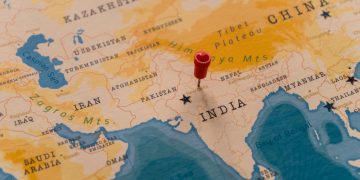GL Exchange Forum – Report on MEPC’s 62nd session
The adoption of EEDI and SEEMP marked the session The subject of Carbon Dioxide dominates the future of many industries today. Whether it be the Shipping, Automotive, Aviation, or Power Generation industries the questions of how to account for, reduce, produce, capture and minimise the impact of Carbon Dioxide generated by that industry is seldom left out of the discussion.So it was Germanischer Lloyd's traditional recap of the latest session of the Marine Environment Protection Committee (MEPC) of International Maritime Organization (IMO), focused on the groundbreaking developments at the 62nd session.The 62nd Session was notable for several reasons, the use of a vote to approve the measures rather than by consensus and the establishment of a North American emissions control area for example. However it was the adoption of the Energy Efficiency Design Index (EEDI) and the Ship Energy Efficiency Management Plan (SEEMP) that marked the Session as being of historical significance.Adopted as amendments to Annex VI of the MARPOL Regulations these measures, when they enter into effect, will represent the first global mandatory carbon dioxide reductions implemented by any industry.The forum was held on 25 August at GL's Head Office in Hamburg. More than 100 representatives from the maritime ...
Read more























































